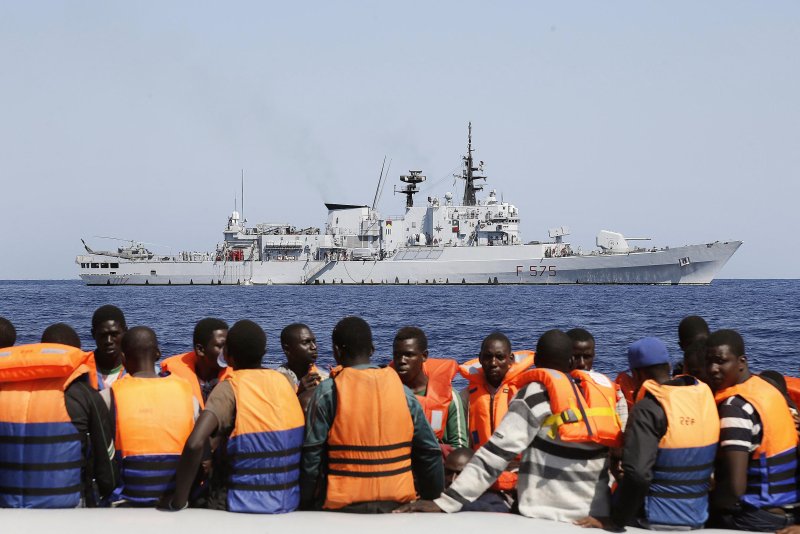June 29 (UPI) -- European Union leaders struck an immigration deal early Friday that could ease the burden of resettling refugees caught up in Europe's migrant crisis.
EU leaders struck the agreement at their summit in Belgium overnight Thursday. The conference is geared toward Britain's departure from the 28-nation bloc, but immigration became a chief subject as leaders addressed a controversial new screening plan for immigrants.















